Statement by Vincent Delobel, member of La Via Campesina, during the third session of the intergovernmental working group on a United Nations declaration on the rights of peasants and other people working in rural areas.
Geneva, Palais des Nations
17th May 2016
Madame Chair-Rapporteur, Delegates, Ladies and Gentlemen.
It is an honour and a pleasure for me to be here and speak on behalf of young European peasant men and women, to convey our message. As an organic goat herder in Belgium, I grow the feed for the goats and make their milk into different cheeses.
Today, in Europe, our profession as farmers, and especially as breeders, is under threat. Only ten per cent of us are farmers under forty years of age. In fact, many of my counterparts produce at a loss; their economic margin and their bargaining power reduced to nothing. Many of us are trapped in a development trajectory which is not only very risky in financial terms, but which also leads us to do our work, treat our soil, crops and animals in a way that does not correspond to our values.
Year after year, there are more and more of us, who, reacting to this threat of disappearing, are rethinking our livestock and crop-growing practices, reorganising our systems of production in order to gain more autonomy. We ourselves want to produce diverse food for our animals, make better use of our fertilisers, develop seeds adapted to our practices. In general terms, we want to have more decision-making autonomy, choose ways of growing crops or raising livestock that are in line with our values, our ethos and our experience with these living beings. There are also more and more of us who are replacing our processing models with traditional methods that guarantee continuity between the health of the land and the health of human beings. We are trying to organise new, truly fair channels that provide us with a decent income for our work and our knowledge.
As has been the case for centuries, we, the peasants, are constantly undertaking that wholesome activity which is food resourcefulness. We have managed to feed our citizens in all kinds of contexts. Today, our problem is that this inventiveness clashes with existing regulations, industrial standards and more generally, agro-business. Like many of my counterparts, I specifically make cheese from my goat’s milk, ensuring that the natural flora it contains is preserved. We are continually having to defend ourselves so that this raw milk-based process, which industry cannot carry out, is recognised and respected.
In another area, we are developing and increasing heterogeneous seed combinations, which are able to grow well even in the most arduous conditions. Existing regulations severely restrict the exchange of these seeds among peasants, in such a way that we very quickly find ourselves outside the law. We cannot accept constantly having to justify our practices, as we create the main sources of food for our communities and our techniques are both innovative and inspired by our long-established traditions.
The declaration on the rights of peasants will support us, by giving us the legal framework for this repeasantisation of agriculture, for this type of rural development led proactively and tirelessly by peasants in Europe and around the world. For us, this declaration is vital to guarantee our inventiveness and innovations. In fact, in a very coherent way, it recognises our existence, our distinctiveness, our century-old values, but also the role we play in the food sovereignty of our communities, in the economic development of the countryside, and the importance we play in our very future, to overcome the global challenges of climate change, international security and, quite simply, to ensure the viable existence of human life on this planet.
Thank you
Originally published on the website of ECVC.
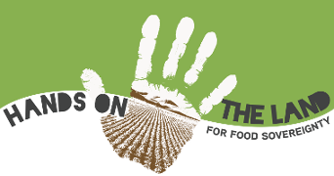
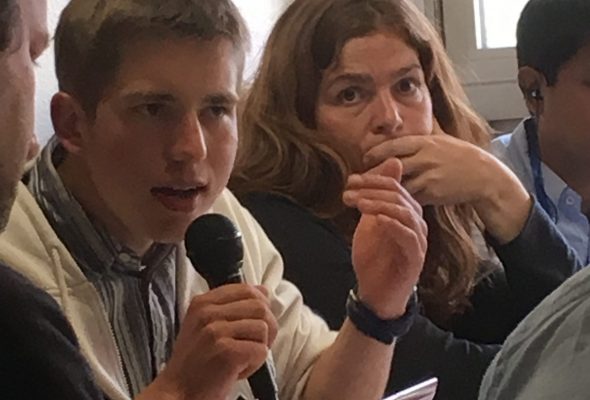
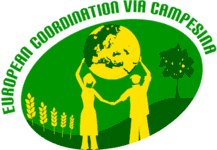
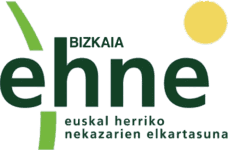

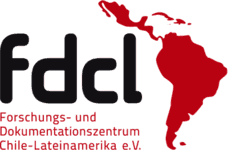
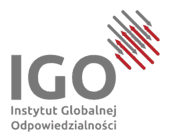
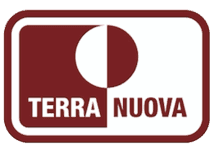




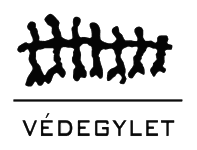
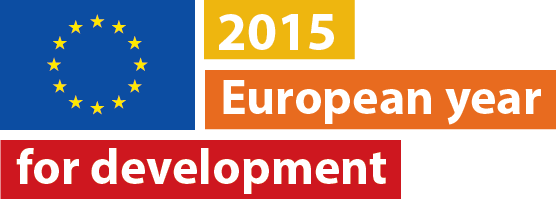
 This campaign is financially supported by the European Commission. The views expressed herein are not of the EC.
This campaign is financially supported by the European Commission. The views expressed herein are not of the EC.